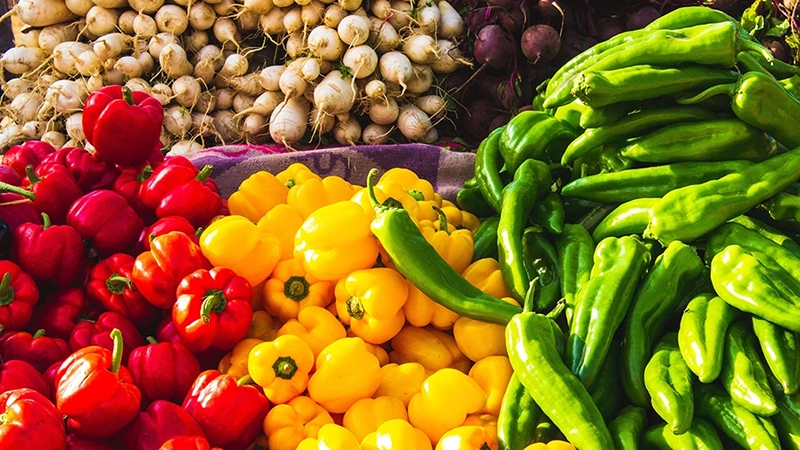عرض هذه الصفحة باللغة العربية
Diet and nutrition - Arabic
查看此页面的简体中文版本
Diet and nutrition - Mandarin
Xem trang này bằng tiếng Việt
Diet and nutrition - Vietnamese
If you have pancreatic cancer, it’s likely that you will also experience issues with your diet and nutrition. Seeking help for these issues is important because it can improve treatment outcomes and your quality of life. At the Jreissati Pancreatic Centre at Epworth, patients can work directly with one of our experienced dietitians.
Dietitians can help you to:
- manage your dietary issues resulting from symptoms of cancer or treatment side effects
- create an individualised diet plan and provide nutritional counselling and education
- manage diabetes
- gain or maintain weight
- improve your quality of life
- assist in answering questions related to nutrition and cancer and myths.
Patient education video | Epworth dietitian explains nutrition and pancreatic cancer
How pancreatic cancer affects diet and nutrition
Pancreatic cancer and its treatment can cause your pancreas to stop working properly. This can result in not being able to digest your food properly or absorb nutrients from your food. This can cause you to experience symptoms such as:
- nausea and vomiting
- diarrhoea
- loss or reduction of appetite
- changes in taste and smell
- mouth sores
- abdominal bloating
- changes in bowel habits
- dry mouth
- problems chewing and swallowing
- heartburn or indigestion
- fatigue
- starting to feel full fast (early satiety).
Maintaining your weight during treatment
Side effects of treatments for pancreatic cancer may also alter how your pancreas works. It’s important to manage these symptoms so you have the best chance of maintaining your weight. This will assist in your recovery. Losing weight can impact the effectiveness of your treatment and delay your recovery.
You can help maintain your weight by ensuring you get the most nutritional value out of your diet.
Some tips to do that include:
- eat smaller meals more often during the day
- eat a variety of foods to get a range of different nutrients
- choose foods that are high in protein as they can help your body repair and recover
- sit up when you eat as this helps your digestion
- avoid lying down immediately after a meal as this can affect your digestion and increase the risk of suffering from reflux or nausea
- try to stay physically active if possible as this will help boost your appetite
- have meals ready in the freezer for the times you are too tired to cook
- try new foods as pancreatic cancer and its treatment can change your taste
How diabetes affects diet and nutrition
Diabetes is a condition where your body can’t control the glucose levels in your body correctly. Your pancreas produces insulin and glucagon to help control the amount of sugar (also known as glucose) in your blood. Glucose is the primary energy source for our bodies. Insulin is a hormone released into the bloodstream when we eat, where it helps to move glucose from the food we have eaten into cells to be used as energy. People with diabetes are unable to produce enough insulin. This means that the glucose remains in your blood and causes high blood sugar levels. This can cause serious long- and short-term health complications if not treated.
Common symptoms of diabetes include:
- feeling more thirsty than usual
- blurred vision
- feeling tired and lethargic
- leg cramps
- dizziness
- sudden loss of weight
- increased need to urinate.
Diabetes can occur in patients with pancreatic cancer due to the tumour or the methods used to treat it, such as surgery. Although pancreatic cancer makes managing diabetes a little harder, it’s still achievable. Some patients will be able to manage their diabetes by managing their diet. Others may need to take medication or have insulin injections to manage their condition. Members of your treatment team will provide you with the course of action you need to take.

